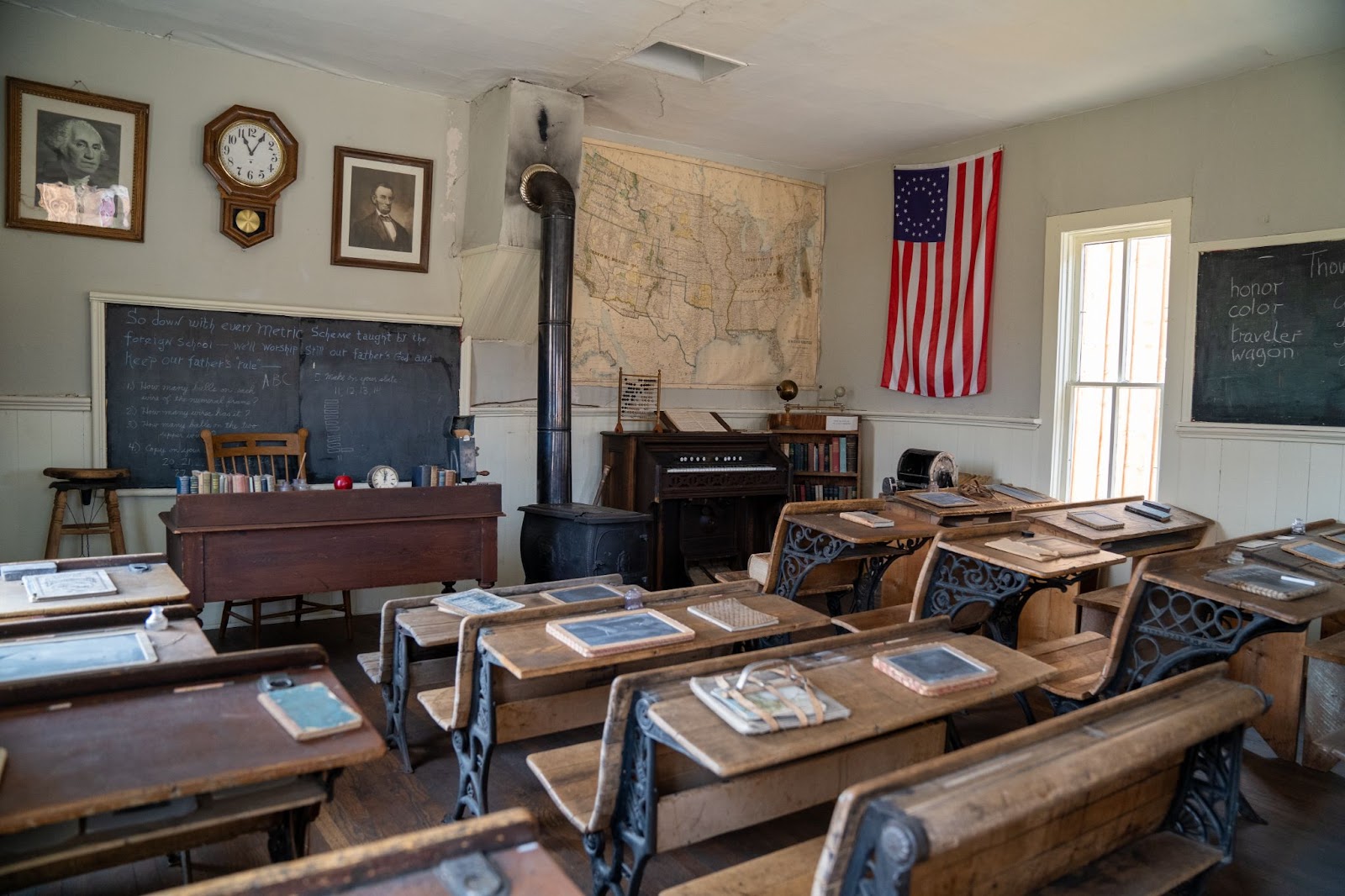Increased Data Usage
We live in a world where data informs everything from our most basic of functions through to the most complex and strategic decisions. In education, whilst it may not be thought of as ‘data’ per se, even bite-sized pieces of information can give a big picture view of what and how children are learning. Whether … Read more











